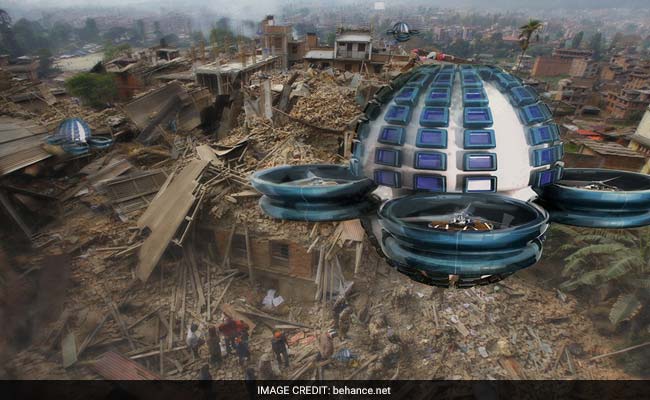LONDON: Disruptions in phone connectivity in disaster-hit areas could soon be a thing of the past — thanks to a device developed by an Indian-origin student at Britain’s Staffordshire University.
The new device known as “Exigency” was designed by Luqmaan Patel, a university statement said.
The device developed by 21-year-old Patel uses Ad-Hoc Network which receives satellite data and transmits it as cellular data to ensure that everyone within 2.5 km radius has access to basic phone communications.
Though his design is only a temporary solution, Mr Patel hopes that it will make people think about a more efficient solution for overcoming communication difficulties experienced during natural disasters and ensure that communications are reliable and easily accessible for everyone in the affected zones.
During the time of a disaster, communication can completely collapse and transmit nothing for at least three days thus leaving everyone stranded. Patel felt this was an issue he had to address.
“I felt that it was a very long time for a victim to inform anyone about their well-being or to call for help,” he stated in the statement.
Through further research he found that if you reduced the initial impact stage of up to three days by one single day, it would reduce the overall recovery of the country by a thousand days.
It would help organisations to connect with one another more effectively and share relevant data, all the while making the recovery swift and efficient.
These were few of the factors that came to his mind and inspired him to come up with an efficient solution to the issue of creating effective communication service.
He felt that his device should bring a focus to communications, and clear the communication infrastructure in the horrible event of a natural disaster.
